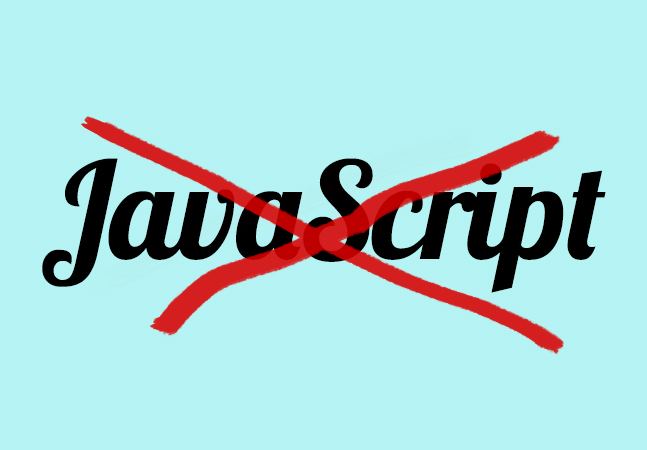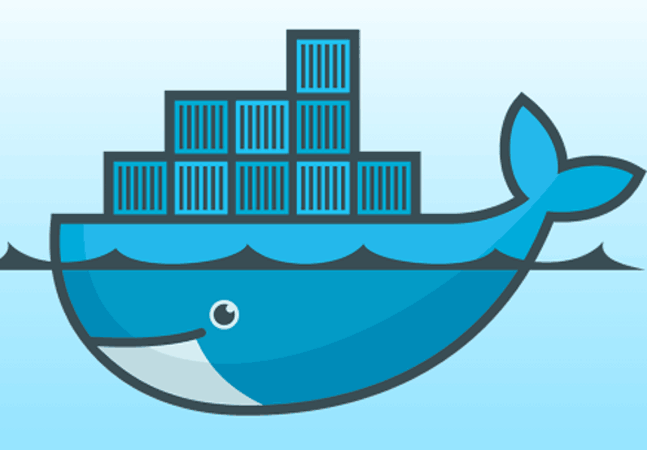
The cloud has enabled some incredible innovation, like serverless compute, which is transforming the way we build applications for the cloud. We dive into serverless concepts and explore how they are supported by Azure Functions.
- By Joseph Fultz, Darren Brust
- 07/17/2017

Get Visual Studio to be more helpful when you're working with HTML.

Here's how to use Angular2 and TypeScript to retrieve JSON objects from an ASP.NET MVC controller and populate your page with the results.

When something goes wrong with your Web Service the decent thing to do is to return your errors in a variety of ways.

You like the idea of an AJAX application, but would rather not write the JavaScript yourself. You're in luck: ASP.NET MVC provides two tools that write the client-side code for you. And these tools even make sense if you’re comfortable with writing your own JavaScript.

You don't need to write tons of JavaScript code to create a JavaScript-friendly MVVM app. Let DotVVM can take over. Here's a basic tutorial for developing with it.
- By Tomáš Herceg
- 06/27/2017

C# finally gets the BASIC GOSUB feature through local functions, but local functions take that GOSUB-like capability up a few notches.

Sensibly, ASP.NET MVC 5 prevents users from entering HTML or Script tags into your page's textboxes, protecting you from a wide variety of hacks. However, for those rare occasions when you do need to let the user enter tags, here's how to do it.

Wally shows you how to use Xamarin.iOS to create a pedometer app for a Fitbit that employs the CoreMotion Framework.
- By Wallace McClure
- 06/20/2017

You don't have to resort to writing C++ to work with popular machine learning libraries such as Microsoft's CNTK and Google's TensorFlow. Instead, we'll use some Python and NumPy to tackle the task of training neural networks.
- By James McCaffrey
- 06/15/2017

The .NET Framework gives you three different ways to call a Web Service. However, depending on your scenario, the latest and greatest object isn’t necessarily your best choice.

Consuming services is something every application needs to do. In this article, Nick demonstrates how to document a REST service using Swagger in order to make it easy to consume from a Universal Windows Application.
- By Nick Randolph
- 06/12/2017

Peter doesn't like them, but that doesn't mean you have to hate 'em, too -- here's how to add a listbox or dropdown list to your View that lets users select multiple items.

Azure Functions can be used to trigger event-driven Webhooks. Here’s how.
- By Jason Roberts
- 06/08/2017

If you're only retrieving an object so that you can read its data, you can reduce your costs by turning off Entity Framework tracking. Which is exactly what you want to do in ASP.NET MVC, as long as you're careful.

Here's how to combine adding HandleError attributes to your ASP.NET MVC application both through Global Filters and adding them directly to your Action methods.

Lots of searching through lots of data means potential app performance degradation. Hash codes can speed things up.

Last time, we used Docker to modernize an ASP.NET WebForms app. In this second part, we take a feature-driven approach to extending it and improving performance.
- By Elton Stoneman
- 05/31/2017

If you're wondering what the difference is between the HtmlHelper Partial and RenderPartial methods, then here's why Peter, at least, uses Partial.

Using Docker's lightweight containerization technology, you can modernize and extend ASP.NET WebForms app quickly and safely on the Microsoft Azure cloud. In this first of a two-part series, we show you how.
- By Elton Stoneman
- 05/25/2017

With Python and NumPy getting lots of exposure lately, I'll show how to use those tools to build a simple feed-forward neural network.
- By James McCaffrey
- 05/24/2017

Normally, you don’t care about first-chance exceptions -- it's only when something becomes a second-chance exception that you start to pay attention. But when you do care about all the exceptions, here’s how to work with them both in Visual Studio and in your code.

Last time I looked at the basics of triggers. Let's look at creating an HTTP-triggered function for displaying a greeting based on a target audience.
- By Jason Roberts
- 05/15/2017

The OutputCache attribute is a great way to improve both response time and scaleability, except there are many times when you can’t use it. Here’s how to leverage the HtmlHelper Action method to handle those exceptions.

Learn how Mobile Center helps you easily develop, build, test, distribute, and monitor your mobile apps.
- By Greg Shackles
- 05/09/2017